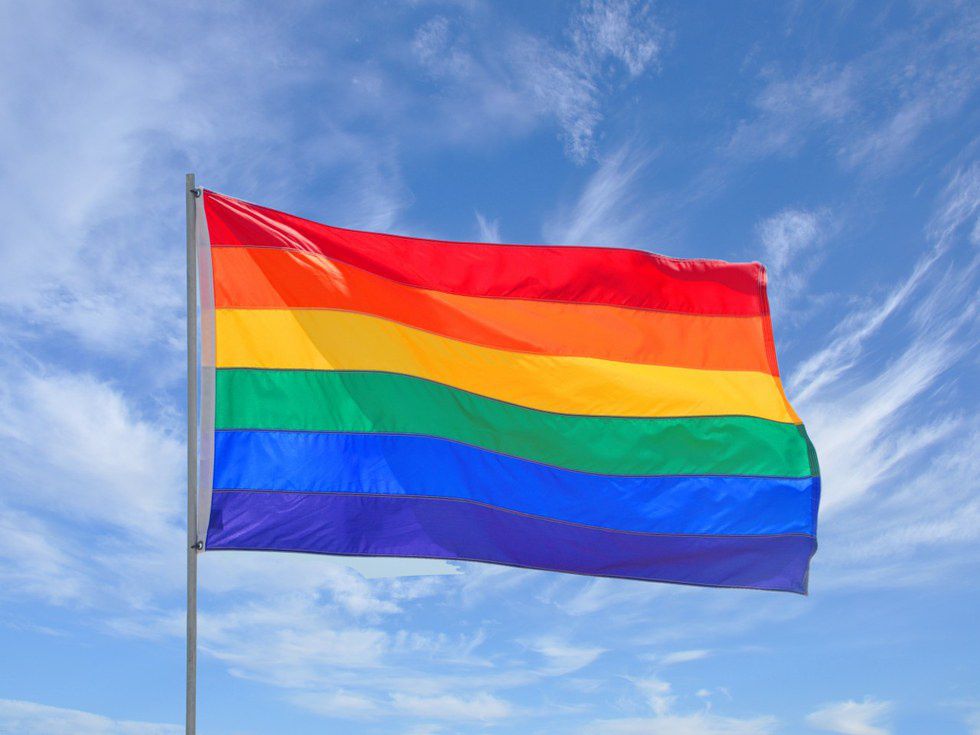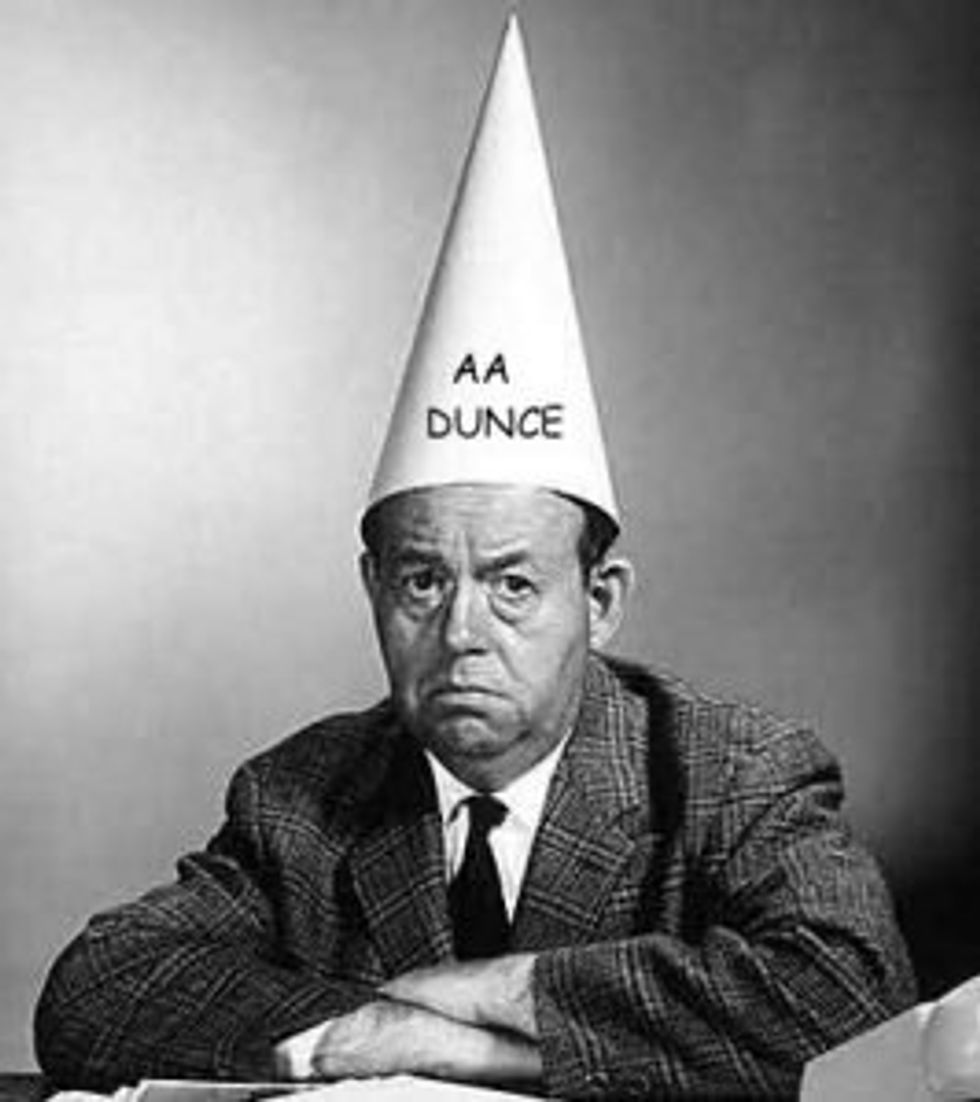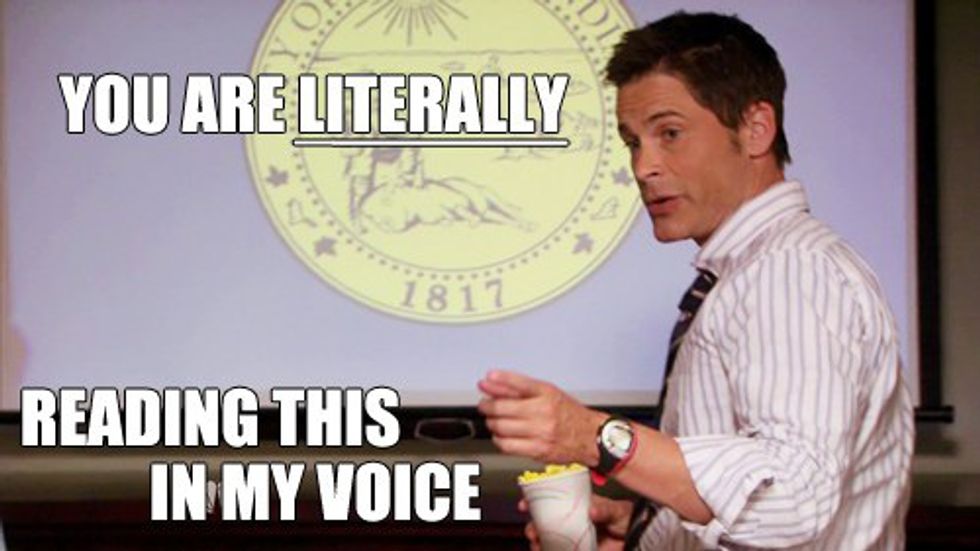There are over one million words in the English language. Words are powerful, and they can stir up some intense feelings. However, as each generation of English speakers goes by, some of our most powerful words lose their meaning. Their dictionary definition is much different from their meaning in our culture. In many cases, these changes are harmless, innocent edits, but in a select few cases, the change has dramatically impacted our culture.
1. "Love"
Love's definition, according to the Webster dictionary, is "an intense feeling of deep affection." Originally, love was reserved for feelings for another person, like a family member or a close friend. But now we use love to define any positive feeling toward anything you kind of like. "Man, I freaking love nachos." Love has gone from the strongest feeling humans can have to essentially a synonym for liking something.
2. "Hate"
The issue with words like "love" and "hate" is that they both describe intense feelings, which means they should be reserved to describe the strongest feelings one has. However, as time goes on, we keep using them to describe less important things. For example, people might say "I freaking hate bad nachos." By using these words like this, they lose their impact and mean significantly less when we do use them in the proper context.
3. "Gay"
Sometimes you've got to wonder when a definition changed so radically. Many people could tell you that the word gay used to mean "jovial, happy, one who is carefree." But now, "gay" has two very different meanings. The first and most prominent is as a synonym for homosexual, which has been used for decades. The other meaning is slang that has been under scrutiny for about eight years: the use of "gay" to mean something is stupid or dumb, like saying, "I dropped my freaking nachos! Man, that's gay." Me, I'm probably just going to use another, less confusing word that isn't offensive.4. "Idiot"
It may surprise you to learn that the word "idiot" actually originally referred to mental retardation. So when you go around mocking your friends, saying, "Wow, you dropped your nachos. Way to go, idiot," just bear in mind that the word used to have a different meaning.
5. "Literally"
This might be the only word whose definition has changed to its antonym. "Literally" went from meaning something in actuality to meaning something not in actuality. For example, "Nachos are literally God's favorite food." Literally, "literally" now means "figuratively." Weird.
Well, there you have it. Five words we have lost the original definitions of. What are some other words whose modern definitions are different than their original definitions? Let me know if you think of any, because Lord knows, English is a fickle language. Now, if you'll excuse me, I'm hardcore craving some nachos.
















































